Revealing Truths: Role of Women in Islam Dissected
Islam, like any major religion, is often a topic of intense scrutiny and discussion. One aspect that frequently comes under the spotlight is the role of women within Islamic societies. This article aims to dissect the various truths surrounding this topic, shedding light on the complexities and nuances often overlooked in mainstream discourse.
Table of Contents
| Sr# | Headings |
|---|---|
| 1. | Introduction |
| 2. | Historical Perspective |
| 3. | Women in Quran |
| 4. | Women in Hadith |
| 5. | Women’s Rights in Islam |
| 6. | Misconceptions and Realities |
| 7. | Education and Empowerment |
| 8. | Role of Women in Modern Islam |
| 9. | Challenges and Progress |
| 10. | Conclusion |
| 11. | FAQs (Frequently Asked Questions) |
Introduction
The role of women in Islam is a topic shrouded in misconceptions and stereotypes. However, beneath the surface lies a rich tapestry of history, scripture, and cultural context that shapes the experiences of Muslim women around the world.
Historical Perspective
Throughout Islamic history, women have played significant roles in various spheres of society. From businesswomen like Khadijah, the first wife of Prophet Muhammad, to scholars like Aisha, who contributed profoundly to Islamic jurisprudence, women have left an indelible mark.
Women in Quran
The Quran, the holy book of Islam, emphasizes the equality of men and women before God. It grants women rights and protections in areas such as inheritance, marriage, and divorce, challenging the patriarchal norms prevalent at the time of revelation.
Women in Hadith
Hadith, the sayings and actions of Prophet Muhammad, further elucidate the rights and responsibilities of women in Islam. These teachings emphasize respect, dignity, and justice for women, countering cultural practices that may contradict Islamic principles.
Women’s Rights in Islam
Contrary to popular belief, Islam advocates for women’s rights in various aspects of life. These rights include the right to education, work, property ownership, and participation in social, political, and economic spheres.
Misconceptions and Realities
Despite the teachings of Islam, misconceptions persist regarding the treatment of women within Muslim communities. It’s crucial to distinguish between cultural practices and religious teachings, recognizing that cultural biases may sometimes overshadow Islamic principles.
Education and Empowerment
Education is central to the empowerment of women in Islam. Prophet Muhammad himself emphasized the importance of seeking knowledge, regardless of gender. Today, Muslim women are pursuing education and excelling in diverse fields, contributing to their communities and societies.
Role of Women in Modern Islam
In contemporary times, Muslim women continue to navigate between tradition and modernity. While some adhere to traditional gender roles, others challenge societal norms, advocating for gender equality and women’s rights within an Islamic framework.
Challenges and Progress
Despite significant strides, challenges persist for women in Islamic societies, including access to education, employment opportunities, and gender-based discrimination. However, there is also progress, with initiatives promoting women’s empowerment and gender equality gaining momentum.
Conclusion
The role of women in Islam is multifaceted and dynamic, shaped by a combination of religious teachings, cultural practices, and socio-economic factors. By dissecting the truths surrounding this topic, we can foster a deeper understanding and appreciation for the diverse experiences of Muslim women.
FAQs (Frequently Asked Questions)
- Are women oppressed in Islam? Contrary to popular belief, Islam advocates for the rights and dignity of women, granting them various rights and protections.
- Can Muslim women work? Yes, Islam encourages both men and women to seek knowledge and engage in productive work that benefits society.
- Do Muslim women have to wear the hijab? While modesty is encouraged in Islam, wearing the hijab is a personal choice for Muslim women and varies based on cultural and individual preferences.
- Are women allowed to divorce in Islam? Yes, Islam grants women the right to initiate divorce under specific circumstances, ensuring their autonomy and agency in marital matters.
- Do Muslim women have access to education? Absolutely, Islam emphasizes the importance of education for both men and women, and Muslim women are actively pursuing education at all levels.
By addressing these common questions, we hope to dispel misconceptions and foster a better understanding of the role of women in Islam.
In conclusion, the role of women in Islam is a complex and multifaceted subject that requires nuanced exploration. By delving into history, scripture, and contemporary realities, we can gain a deeper appreciation for the diverse experiences and contributions of Muslim women worldwide. Let us strive for empathy, understanding, and equality as we navigate the intricacies of this important topic.

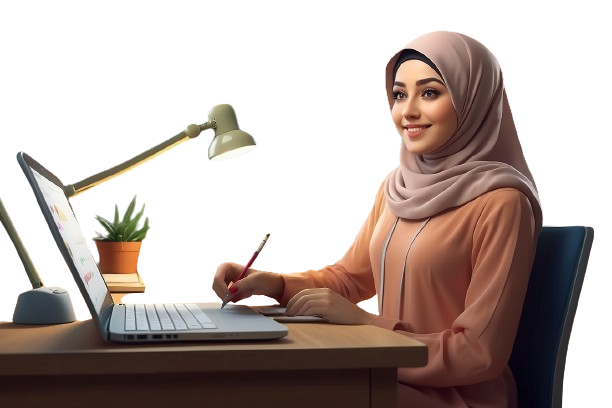
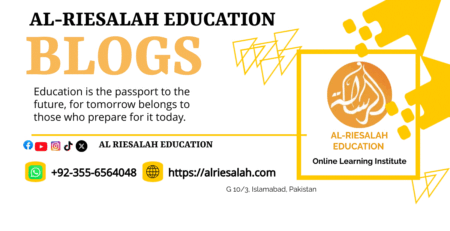
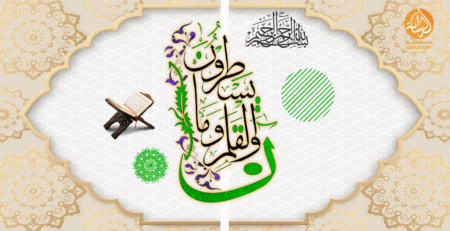
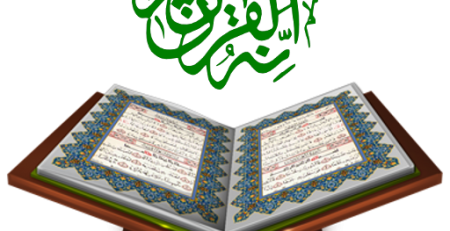


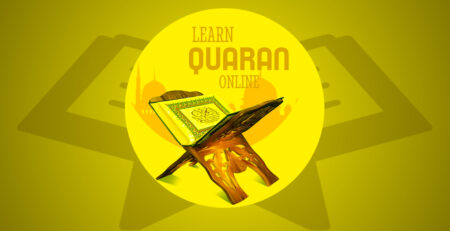




Leave a Reply